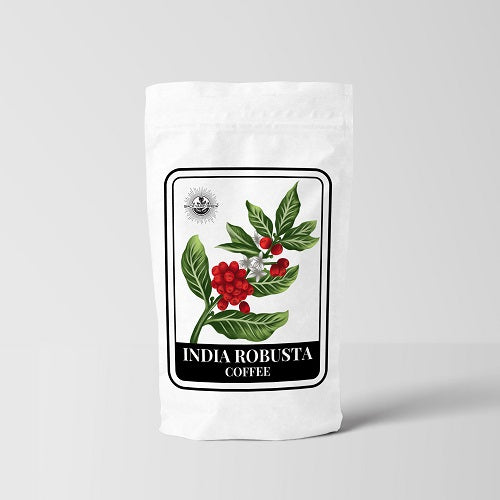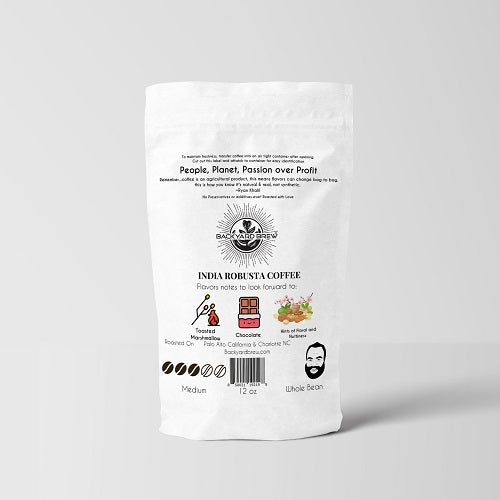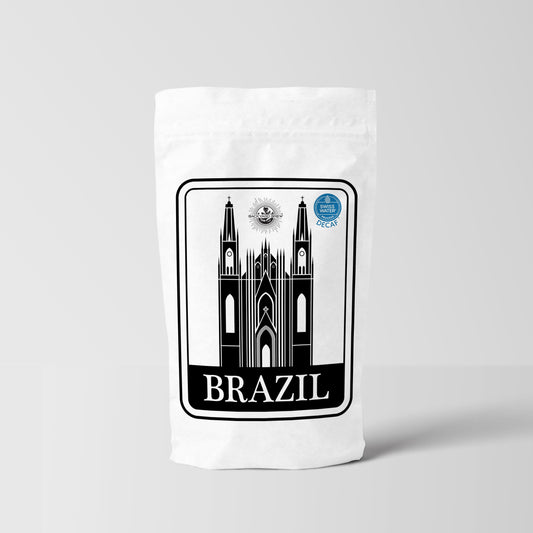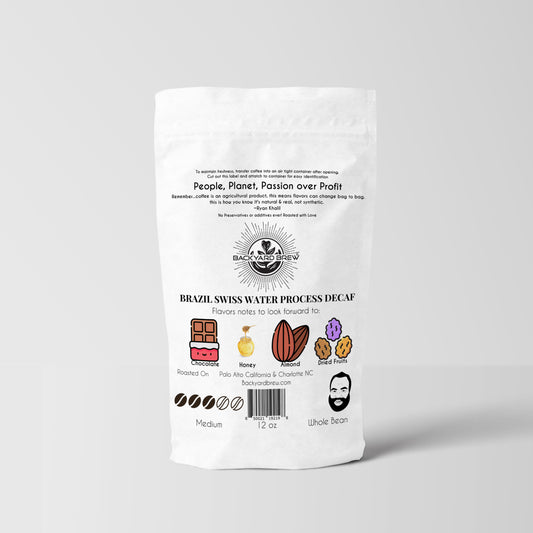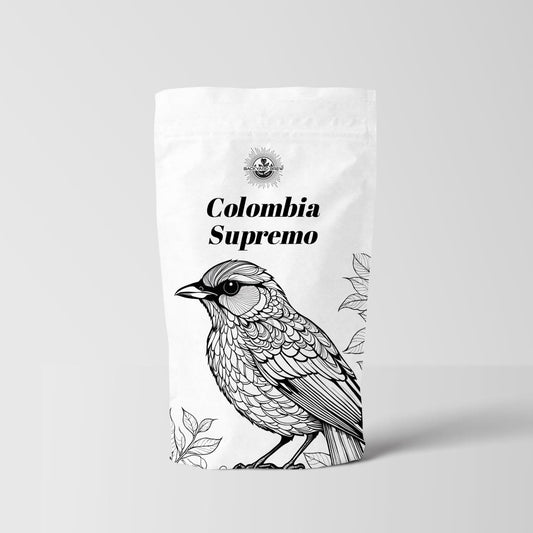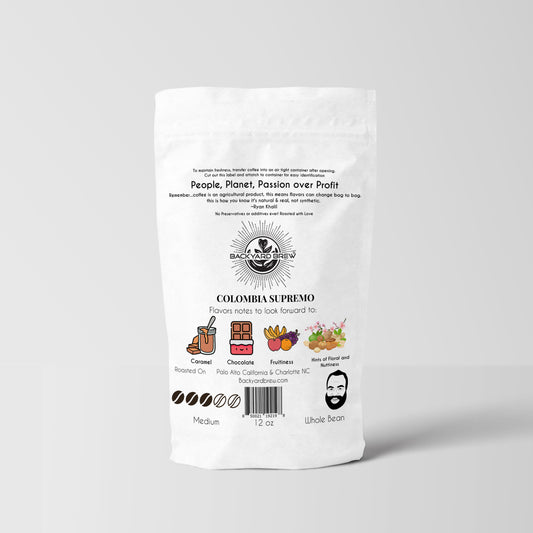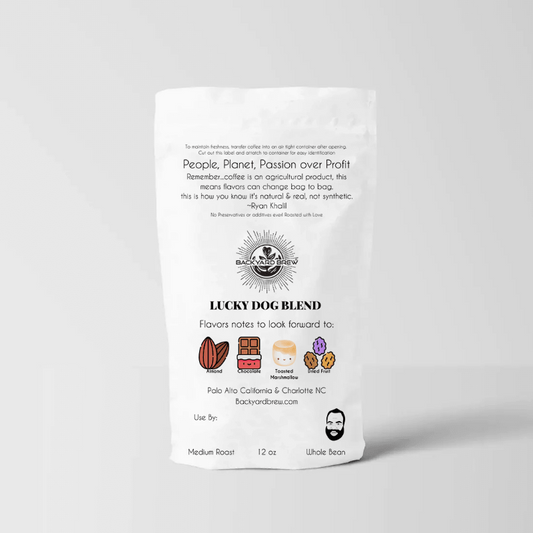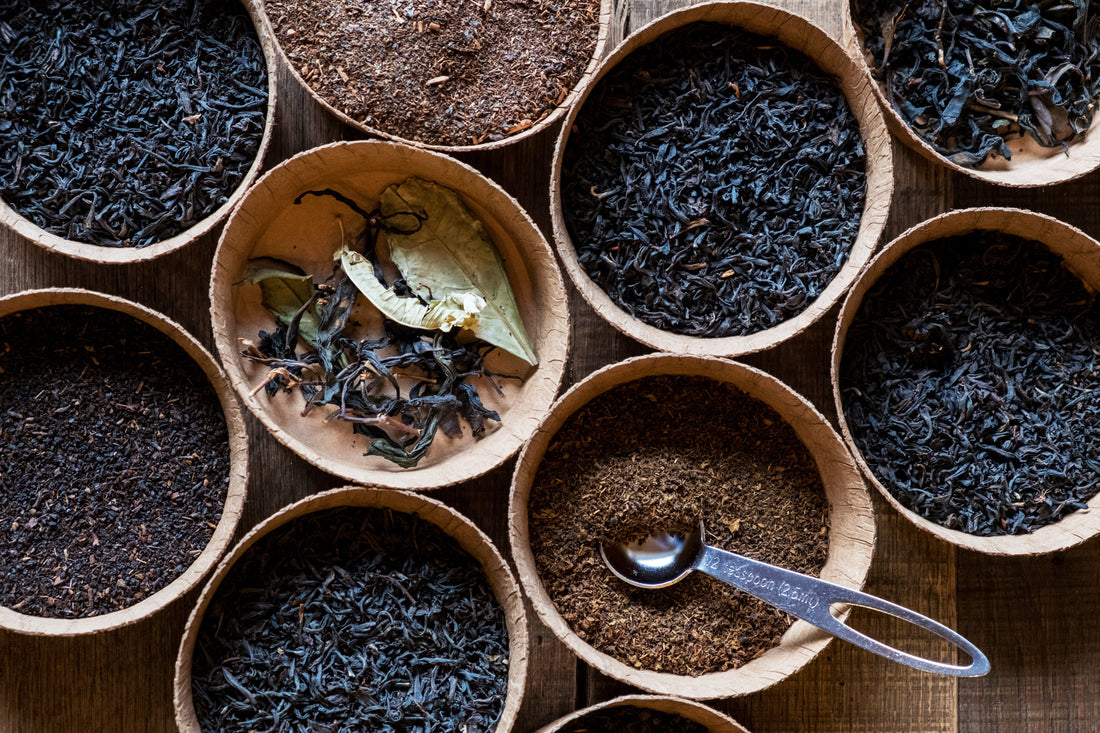Fair Trade Tea Leaves: What are these tea leaves?
Related Product
Subscribe
Table of Contents
What does it mean for tea to be labeled as Fair Trade, and why should you care? Tea is not just a beverage; it represents a global tradition with deep roots in cultures around the world. From the bustling markets of India to the tranquil tea gardens of China, the journey of tea leaves is rich and complex. However, this journey is often fraught with challenges that affect the farmers who grow these leaves. This is where Fair Trade Tea Leaves come into play. In this blog, we will explore the importance of fair trade in the tea industry, the different Types of Tea Leaves, and the benefits of Ethical sourcing of tea leaves – and then some. So, read till the end.
Did you know?
Fair Trade tea accounts for approximately 24% of the global tea market.
What is Fair Trade?
Fair trade is more than just a label; it is a comprehensive movement designed to create equitable trading conditions for producers in developing countries. At its core, fair trade seeks to empower farmers and artisans. How? Well, it ensures that they receive fair compensation for their products. Moreover, you should know that this movement addresses the imbalances in global trade. Thanks to it, no small-scale producers struggle to compete with large corporations. Now that you know what it is, let’s talk about the principles that back it up.
Fair Trade tea supports over 1.2 million farmers and their families.
5 Key Principles of Fair Trade
-
Fair trade guarantees that producers receive a price that covers the cost of sustainable production. What’s more, this price is often higher than the market rate. Thus, allowing farmers to invest in their farms and communities.
-
Fair trade encourages direct relationships between producers and consumers. This reduces the number of intermediaries. Clearly, it ensures that more of the money spent on products goes directly to the farmers.
-
Fair trade promotes environmentally sustainable practices. This includes organic farming methods, which help preserve biodiversity and reduce the use of harmful chemicals.
-
Fair trade initiatives often include community development projects. These projects can range from building schools and healthcare facilities to providing access to clean water.
-
Fair trade focuses on empowering marginalized groups, particularly women. You should know that many fair trade organizations provide training and resources to help women gain financial independence and leadership roles within their communities.
|
5 Key Principles of Fair Trade |
Description |
|
Fair Prices |
Farmers get a fair price that covers their costs, often more than usual prices. |
|
Direct Trade |
Farmers sell directly to buyers, so they keep more money. |
|
Sustainability |
Supports eco-friendly farming that protects nature. |
|
Community Development |
Helps build schools, clinics, and provides clean water. |
|
Empowerment |
Supports women and others by giving them training and resources to be independent. |
Fair Trade in the Tea Industry
When it comes to tea, fair trade helps farmers receive a fair price for their hard work. The tea industry is often characterized by low wages and poor working conditions. In fact, particularly for small-scale farmers. The average tea farmer earns about $1,500 per year, which is often below the poverty line. Thus, Fair trade certification helps to address these issues by providing a framework for ethical sourcing.
Did you know?
Over 50% of tea farmers are women.
The Importance of Fair Trade in Tea
Fair trade is crucial for tea farmers. After all, many of them live in poverty despite their hard work. The tea industry is labor-intensive; it requires long hours of manual labor for planting, harvesting, and processing. Unfortunately, many farmers receive only a fraction of the retail price of the tea they produce. Therefore, making it difficult for them to support their families and invest in their communities. Fair Trade certification helps farmers receive a minimum price that covers their production costs.
-
Economic Impact
By choosing fair trade tea, consumers can directly contribute to improving the lives of these farmers. Fair trade certification guarantees that farmers receive a fair wage. Undoubtedly, it is very essential for their economic stability. This fair wage allows farmers to:
-
Invest in Their Farms
-
Support Their Families
-
Build Resilience
-
Improve Education Access
-
Enhance Healthcare Services
-
Promote Sustainable Practices
-
Increase Community Development
-
Strengthening Local Economies
-
Foster Gender Equality
-
Encourage Environmental Stewardship
Fun Fact:
Fair Trade tea helps improve access to clean water for farming communities, benefiting over 1 million people.
-
Social and Environmental Benefits
Fair trade certification also ensures safe working conditions for tea farmers. This includes access to clean water, proper sanitation, and protection from hazardous working conditions. By promoting safe practices, fair trade helps to improve the overall quality of life for farmers and their families. Moreover, you must know that fair trade encourages sustainable farming practices. In fact, many fair trade tea producers adopt organic farming methods. Ultimately, it protects the environment and enhance the quality of the tea. Sustainable practices include:
|
Sustainable Practice |
Benefits |
|
Alternating different crops in the same area. |
Maintains soil health and reduces chemical use. |
|
Planting a variety of crops and maintaining ecosystems. |
Improves resilience to pests and enhances stability. |
|
Using methods to save and protect water. |
Ensures sustainable water supply for tea farming. |
|
Using natural compost instead of synthetic fertilizers. |
Improves soil health and avoids chemical residues. |
|
Combining methods to control pests. |
Reduces chemical pesticide use and promotes health. |
|
Integrating trees and shrubs into tea farming. |
Provides shade and enhances biodiversity. |
|
Techniques to prevent soil erosion. |
Maintains soil fertility and productivity. |
|
Utilizing renewable energy sources in farming. |
Reduces carbon footprint and lowers production costs. |
|
Training farmers on sustainable practices. |
Empowers farmers and improves tea quality. |
|
Adhering to organic and fair trade standards. |
Builds consumer trust and can lead to better prices. |
Did you know?
Fair Trade initiatives have funded over 1,200 community development projects globally
-
Consumer Responsibility
When you pick fair trade products, you enjoy a tasty drink while also helping the farmers who grow it. Your choice can make a difference in creating a fairer and more sustainable global trade system. By selecting fair trade tea, you ensure that farmers receive fair wages for their hard work. This support helps them improve their lives and invest in their communities. Fair trade often goes hand in hand with organic tea farming practices, which focus on protecting the environment. When you learn about the history of tea leaves, you enhance your appreciation for this hot beverage. By choosing fair trade, you help build a better future for the tea industry.
Did you know?
Fair Trade practices help reduce child labor in tea production by promoting education.
Types of Tea Leaves
Tea comes in many varieties, and each type offers unique flavors and aromas. Understanding the different types of tea leaves can enhance your tea-drinking experience. Here are some popular types that you will see at your local markets:
-
Black Tea
Black tea is the most widely consumed tea in the world. It is fully oxidized, giving it a strong flavor and dark color. When you choose fair trade black tea, you support farmers who receive fair wages. Popular varieties include Assam, Darjeeling, and Earl Grey.
-
Green Tea
Green tea is made from unoxidized leaves, resulting in a lighter flavor. It is known for its health benefits, including boosting metabolism. By selecting fair trade green tea, you help promote sustainable farming practices. Popular varieties include Sencha and Matcha.
-
White Tea
White tea is the least processed of all tea types. Made from young leaves and buds, it has a delicate flavor and is high in antioxidants. Choosing fair trade white tea means supporting the farmers who grow it. Silver Needle and White Peony are popular varieties.
-
Oolong Tea
Oolong tea is partially oxidized, placing it between black and green tea. It offers a complex flavor profile that can be floral or fruity. When you opt for fair trade oolong tea, you contribute to fair wages for farmers.
-
Herbal Tea
Herbal tea is not technically tea, as it does not come from the Camellia sinensis plant. Instead, it is made from herbs, fruits, and flowers. Many herbal teas are caffeine-free and are often chosen for their medicinal properties. By selecting fair trade herbal teas, you support ethical practices. Popular varieties include chamomile, peppermint, and hibiscus.
Fun Fact:
The average age of tea farmers is around 45 years.
How to Choose Fair Trade Tea
When shopping for tea, look for fair trade certification. This label ensures that the tea meets specific social, economic, and environmental standards. Here are some tips for choosing fair trade tea:
-
When shopping, you should check for labels like Fair Trade Certified, Rainforest Alliance, or USDA Organic. These certifications ensure the tea meets fair trade standards.
-
You must take the time to investigate brands that focus on ethical sourcing. Look for companies that prioritize fair trade and organic practices and read about their sourcing on their websites.
-
Don’t hesitate to ask your local tea shop or grocery store about their sourcing practices. Knowledgeable staff can guide you to fair trade options that align with your values.
-
Whenever possible, buy from local tea producers or farmers' markets. This supports your local economy and also reduces the carbon footprint.
-
Ensure that the tea you choose is made from natural ingredients. Avoid blends with artificial flavors or additives.
-
You must try various types of fair trade tea, such as black, green, oolong, and herbal.
-
Consider purchasing tea in bulk to reduce packaging waste and save money. Look for bulk bins at your local store that offer fair trade options.
-
Participate in local tea tastings or events. These gatherings often feature fair trade teas and provide an opportunity for you to learn more about ethical sourcing.
-
Follow fair trade tea brands on social media. They often share information about their sourcing practices, promotions, and new products that you might find interesting.
-
Take the time to learn more about the impact of fair trade on farmers and communities.
-
Choose brands that are transparent about their supply chain. Companies that share information about their farmers and sourcing practices are often more trustworthy.
Enjoying Your Fair Trade Tea
Now that you understand the importance of fair trade tea, let’s explore how to enjoy it. Brewing the perfect cup of tea can enhance your experience and allow you to savor the flavors. Here are some of the best brewing tips for different types of Tea Leaves:
Brewing black Tea:
To brew the perfect cup of black tea, you should start by boiling water to around 200°F (93°C). Once the water reaches this temperature, add your black tea leaves or tea bag to your cup or teapot. You then need to steep the tea for 3-5 minutes. If you prefer a stronger flavor, feel free to steep it a bit longer. Adjusting the steeping time based on your taste preference will help you find the perfect balance for your ideal cup.
Brewing Green Tea:
When brewing green tea, you should use water that is slightly cooler, around 175°F (80°C). To achieve this, let boiling water sit for about a minute before pouring it over your green tea leaves or tea bag. Steep the tea for 2-3 minutes, but be careful not to over-steep, as this can make green tea taste bitter. If you enjoy a milder flavor, you can steep it for just 2 minutes. This careful attention to temperature and time will help you enjoy the delicate flavors of green tea.
Brewing White Tea:
For white tea, you should heat your water to about 160°F (71°C). Allow boiling water to cool for a few minutes to reach this ideal temperature. Add your white tea leaves or tea bag and steep for 4-5 minutes. Since white tea is delicate, it’s important to be gentle with both the temperature and steeping time to preserve its subtle flavors. By following these guidelines, you can savor the light and refreshing qualities of white tea.
Brewing Oolong Tea:
To brew oolong tea, you should use water heated to around 190°F (88°C). Pour the hot water over your oolong tea leaves or tea bag and steep for 3-5 minutes. One of the unique aspects of oolong tea is that you can steep it multiple times. After the first infusion, you can steep the same leaves again, adjusting the time for each infusion to discover different flavors. This allows you to enjoy a complex and evolving taste experience with each cup.
Brewing Herbal Tea:
When it comes to herbal tea, you should start with boiling water. Pour the boiling water over your herbal tea leaves or tea bag in your cup or teapot. Steep the tea for 5-7 minutes, as herbal teas often benefit from longer steeping times to extract their full flavor and benefits. Feel free to experiment with the steeping time to find the taste that you enjoy most. By following these steps, you can fully appreciate the rich and diverse flavors of herbal tea.
|
Type of Tea |
Water Temperature |
Steeping Time |
Brewing Instructions |
|
Black Tea |
200°F (93°C) |
3-5 minutes |
Boil water, add tea, steep for 3-5 minutes. |
|
Green Tea |
175°F (80°C) |
2-3 minutes |
Cool boiling water, add tea, steep for 2-3 minutes. |
|
White Tea |
160°F (71°C) |
4-5 minutes |
Cool boiling water, add tea, steep for 4-5 minutes. |
|
Oolong Tea |
190°F (88°C) |
3-5 minutes |
Heat water, add tea, steep for 3-5 minutes; can re-steep. |
|
Herbal Tea |
Boiling |
5-7 minutes |
Boil water, add tea, steep for 5-7 minutes. |
Did you know?
The first Fair Trade certification for tea was established in the 1980s
14 Unbelievable Fun Facts about Fair Trade Tea
-
Fair Trade tea promotes sustainable farming practices, reducing the use of harmful chemicals. This commitment to sustainability helps protect the environment and the health of farming communities.
-
Fair Trade premiums allow farmers to invest in community projects, such as schools and healthcare. This investment leads to improved living conditions and opportunities for families in tea-growing regions.
-
Fair Trade tea helps farmers build resilience against market fluctuations by providing stable prices. This stability is crucial for their livelihoods and long-term planning.
-
Fair Trade tea promotes gender equality by empowering women in farming communities. This empowerment leads to stronger families and communities.
-
Fair Trade tea is often grown in regions with rich cultural traditions, enhancing its unique flavors. The cultural heritage of these regions contributes to the distinct taste profiles of the tea.
-
Fair Trade practices encourage farmers to adopt eco-friendly methods, benefiting the environment. These practices help preserve biodiversity and reduce the ecological footprint of tea production.
-
Fair Trade tea helps improve healthcare access for farmers and their families through community projects. This access is vital for the well-being of the entire community.
-
The average yield for tea is about 1,200 kg per hectare. This yield reflects the productivity of tea plants and the efficiency of farming practices.
-
Fair Trade tea is produced in over 70 countries worldwide. This global reach highlights the importance of tea in various cultures and economies.
-
The average price for Fair Trade tea is about $5.00 per kilogram. This price reflects the commitment to fair wages and sustainable practices.
-
The first Fair Trade certification for tea was established in the 1980s. This milestone marked the beginning of a movement towards ethical sourcing in the tea industry.
-
Fair Trade tea is often associated with higher quality due to sustainable farming practices. Consumers can enjoy a superior product while supporting ethical practices.
-
The global demand for Fair Trade products has been growing at a rate of about 10% annually. This growth reflects increasing consumer awareness and preference for ethical products.
-
Fair Trade tea is often sold in specialty shops, making it accessible to conscious consumers. These shops cater to those who prioritize ethical sourcing in their purchases.
Something you should know about Tea
The average tea drinker consumes about 3 cups of tea per day. This statistic highlights the popularity of tea as a daily beverage choice. Moreover, the tea plant can produce leaves for harvesting three times a year. This ability allows for multiple harvests and a steady supply of tea. You should also know that the tea plant, Camellia sinensis, can live for over 100 years! This longevity allows for many years of tea production from a single plant.
The global tea market is valued at approximately $50 billion. This significant market value underscores the economic impact of tea production and trade.
What’s more, the most popular type of tea globally is black tea, making up about 75% of tea consumption. This popularity speaks to the widespread appreciation for black tea's rich flavor. Lastly, the tea industry employs millions of people worldwide, with many relying on it as their primary source of income. This employment is crucial for the livelihoods of countless families.
The tea industry is one of the largest agricultural sectors in the world, with a significant impact on economies. Its influence extends beyond just tea production to various related industries.
Conclusion
Choosing Fair Trade Tea Leaves is more than just a choice of beverage; it is a commitment to ethical practices and social responsibility. By choosing fair trade, you are not only enjoying a delicious beverage but also supporting a movement that promotes fairness, sustainability, and community development. So, the next time you brew a cup of tea, think about the impact of your choice. Choose for fair trade, embrace organic tea farming practices, and savor the flavors of justice in every sip. And if you want to buy the best quality tea, you can sift through Backyard Brew’s tea collection.

